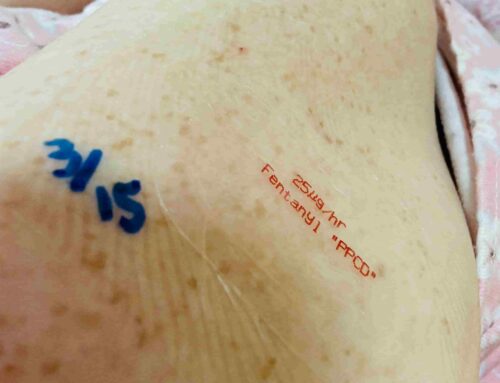Crohn’s Disease Diet Suggestions!
I used to remember it in my head. As I get older, it’s easy to forget things. I decided to take a moment to write it down. But first I must say: These diet rules are just the experience I have accumulated, not the standard answer. Each person’s physique is different and the response to food will be different too. Our diet won’t be 100% the same, so you need to do your homework. What kind of homework is it? To record what you eat and the body’s reaction after eating. Find a suitable set of diets from your the food you eat. Don’t stop taking food because you are afraid of pain. This will cause other complications. If you really can’t eat, you must take elemental diet or confine to the hospital. The IBD patient also have severe anemia problem. When the hemoglobin is too low, you might suffer the abdominal pain. Because the intestines need enough blood to function properly.
- Inflammatory period must be low-fiber diet, reduce fiber intake So the vegetable will be limited. Remember that meat has no fiber, but try to eat ground meat during the inflammatory period, avoid eating skin or tendon)
-
Don’t eat raw food to avoid bacterial infection (because IBD’s drugs or the injections will cause your immune system really low. Especially the energy soup, those are raw things, Unless you wash it yourself, and even you blend it with the blender does not mean that the fiber does not exist.
-
Avoid eating dairy products, like I can’t have fresh milk at all. Because it will cause serious diarrhea. Some people ask if we can eat cheese or not? Basically, Cheese is a process food, the harder cheese is low lactose. the less gastrointestinal reaction will be, but I will say that this is really a matter of opinion, so if you really want to eat, try it, start with a small amount.
-
Avoid gas-producing food. Here is the list…
-
High-starch foods: sweet potatoes, taro, potatoes, peanuts, yam, pumpkins, chestnuts.
-
Gas-containing foods: soda drinks, wine, foaming cream.
- Harder to digest food: glutinous rice, corn.
- Expanded or fermented food: bread.
- Some fruits and vegetables: broccoli, leeks, white radish, cabbage, onions, apples, watermelons.
- Beans and soy products: soy milk, tofu, dried bean curd, bean hull, bean curd.
- Milk and Dairy Products: Patients with lactose intolerance are unable to fully digest lactose due to the lack of adequate lactose sputum, which produces a large amount of hydrogen by bacterial fermentation in the large intestine.
- Fries and other high-fat foods, delicate foods: Because it is difficult to digest, staying in the intestines for a long time, the result of fermentation will also lead to more gas.
- Chewing gum.
- Try the elemental diet so your intestines can rest for a few days.
-
Avoid eating broth or boiled chicken soup. Because it is too thick, your intestines cannot be digested.
-
Fish is a good source of protein. Fish is also easier to digest. You can use steamed or boiled fish soup, but remember to keep the soup fresh and avoid cooking for too long.
-
Fruits, apples, guava, pineapples are all high in fiber, avoid eating during the inflammatory period, can eat grapes, melons…
-
It can also be supplemented with Glutamine which can repair intestinal mucosa.
-
Remember that grain rice, ten grains, and glutinous rice are super difficult to digest for us.
-
Crohn’s disease can cause fibrosis of the intestines due to repeated inflammation. This is why you have stomach pain when you eat. Therefore, it is a goal that we must work hard to minimize inflammation. Otherwise, the intestinal obstruction can only be removed by surgery.
-
As for smoking, drinking and eating betel nuts is absolutely forbidden.
-
Also remember to eat the real food as much as possible, not the processed products.
July 24th, 2019






